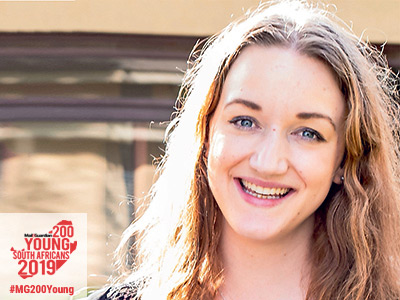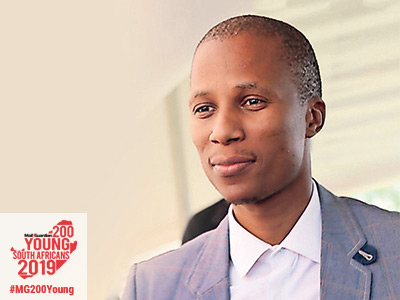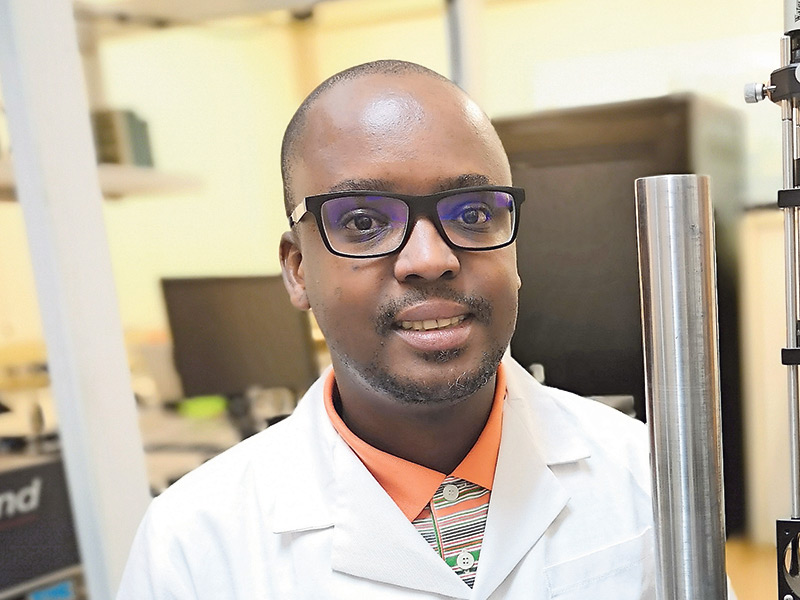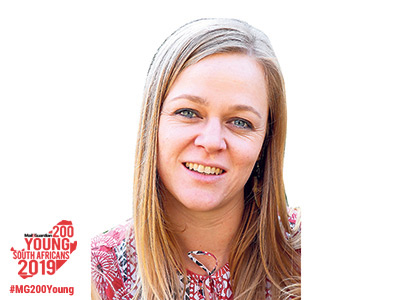Xanthe Hunt has dedicated her career to health research, specifically the effects of social dynamics on sexual, mental and reproductive health.
With postgraduate degrees in journalism and psychology and her doctorate in psychology behind her, Hunt is now affiliated with California University and is studying clinical research training through Harvard University while working as a researcher at the Institute for Life Course Health Research at Stellenbosch University’s department of global health.
The focus of Hunt’s work is on two primary areas. The first is maternal and child health, where she works on a portfolio of projects that all have the aim of improving services for young children affected by HIV and their caregivers, in Kenya, Mozambique, Malawi, Zambia and Tanzania. This work centres on finding out how to optimally support local governments, as well as community-based organisations, to deliver the best kinds of services to those children and families who most need them.
The other focus of her work researches sexual and reproductive health among people with disabilities. Together with a group of South Africans with disabilities, she is writing a book which showcases individuals’ experiences of accessing sexual and reproductive health services as a person with a disability. The book provides a platform to educate lay people, not just academics, about some of the social, economic and practical barriers that people with disabilities encounter in trying to achieve optimal health. It also explores what is needed to make sexual and reproductive health, and sexual wellbeing attainable for people with disabilities in South Africa.
In both areas, her work focuses on using research data to drive practical, important changes in the ways that health and social systems operate, to optimally benefit their users.
“As somewhat of an outsider, and because I recognise that a lot of where we end up in life is due to social forces, I am curious about the drivers of social inequality and exclusion. I am fascinated by social dynamics, and I want answer questions about how to make social marginality liveable and valuable. For me, health research is about addressing the dynamics in society which make life difficult for some people, and not others,” explains Xanthe.
































